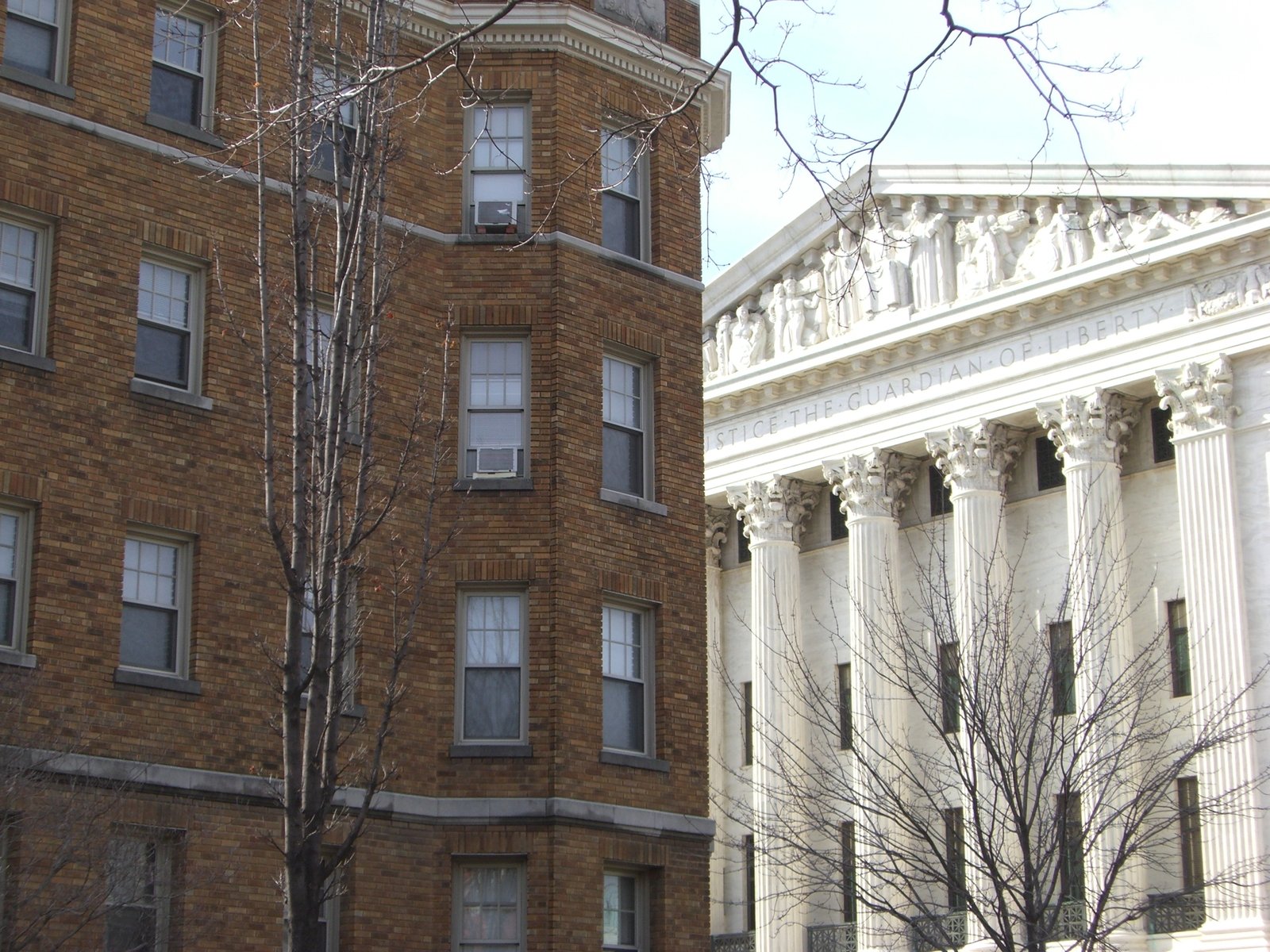

PTAB is a good, valuable ally of the software industry, for it invalidates a lot of software patents. PTAB is defended by almost every software company but protested against by the patent microcosm (striving to tax software companies).
"PTAB is defended by almost every software company but protested against by the patent microcosm (striving to tax software companies)."Based on this new press release, a lawsuit which was mentioned here earlier this week got escalated by the defendant, which sought help from PTAB. Taser (now renamed) is battling to dodge PTAB's scrutiny (as it can potentially invalidate the patent they use aggressively) and this time it got its way. But that's not the end of it. PTAB is generally a get-out clause in case a patent lawsuit is meritless based on the patent/s at hand. Failing PTAB, there are still judges and sometimes also a jury to determine whether a patent asserted is bogus or not. Just because an examiner at the USPTO decided to grant a patent doesn't necessarily mean it's both novel and patent-eligible. Prior art is sometimes discovered in court proceedings and expert witnesses can attest to the triviality of some patents. In some cases, the trial itself constitutes misconduct; we gave an example of that yesterday, citing Patently-O, whose contributor David did a followup. "First off," he wrote, "according to the panel-majority, mere negligence by litigation counsel is enough to justify an adverse inference under the law of this regional circuit..."
"As we explained here before, Patently-O is no friend of PTAB and certainly it is a friend of software patents."Over the years we have given many examples of misconduct, e.g. companies asserting patents that they don't even 'own' (are assigned). In some cases, expired patents are being used to intimidate companies.
As we explained here before, Patently-O is no friend of PTAB and certainly it is a friend of software patents. Moreover, its lead writer (Crouch) is still trying to slow down or discourage CAFC's support for PTAB. Yesterday he did that again. To quote the relevant paragraph:
A third petition for writ of certiorari to the United States Supreme Court has now been filed stemming from the Federal Circuit’s Rule 36 Debacle. Despite the need for clear guidance on the implementation of AIA Trials, most such appeals are being decided by the Federal Circuit without any opinion. I have argued that the process violates a provision of the Patent Act that requires an the court to issue an opinion in cases on appeal from the Patent & Trademark Office.
"He's a law professor, but at the same time he's also immersed in the patent microcosm, which hates PTAB with a very great passion (to the point of insulting judges)."The US Supreme Court (SCOTUS) is already busy with more important matters, such as patent scope and patent trolls. In fact, it has already deemed business methods-related patents invalid. There's Bilski and Alice. Now it's down to the courts below SCOTUS to obey precedents/prior decisions. But Crouch wonders aloud whether the matter will be revisited yet again:
Although the Federal Circuit walked through its Alice/Mayo analysis, I expect that a more infringer-friendly panel would have almost certainly sided with the district court. Now, Openet has petitioned the Supreme Court for writ of certiorari – arguing that the Federal Circuit improperly reached beyond the clearly overbroad claims when making its decision.
"Rao decided to write for The Hill about an Apple case against an Android OEM."Experience suggests that almost always the SCOTUS will overrule the Court of Appeals for the Federal Circuit (CAFC). But does it need to revisit something it already dealt with? Even Crouch touches that aspect (see the above post).
In other news, yesterday there was a publication from Nagesh Rao, who is described as "a former U.S. patent examiner and senior policy advisor with the Department of Commerce-U.S. Patent and Trademark Office and Office of Innovation and Entrepreneurship. He represents the United States as an Eisenhower Fellow and advisor to the American Association for the Advancement of Science (AAAS) Lemelson Invention Ambassadors Program."
"Rao explains that “if not for low-quality patents […] we would not even be having this discussion right now.”"Rao decided to write for The Hill about an Apple case against an Android OEM. It was the biggest Android OEM at the time the lawsuit was filed. He said that the "Supreme Court could strengthen the patent system" and by strengthen he means make more strict, not what "STRONGER" means in that infamous bill ("The STRONGER Patents Act" is reducing their quality to spur frivolous litigation).
Rao explains that “if not for low-quality patents […] we would not even be having this discussion right now.”
People inside the EPO have told us that highly dubious patents (EPs) are being granted to Apple in Europe as well. It's a global problem.
Patent quality is brought up by Rao as follows:
I mentioned patent quality is at the core of this case. As a former U.S. patent examiner that’s an issue I feel very strongly about. After all, if not for low-quality patents (it’s not just my opinion, the U.S. appeals court that originally found some of Apple’s controversial patents to be invalid would likely agree), we would not even be having this discussion right now.
The Supreme Court should hear this case and seize the opportunity to defend higher patent quality for a number of reasons – an issue that the USPTO has for years attempted to address, and made great strides in assuring. And in what some view as a positive step towards review, on Monday, the Court asked the acting U.S. Solicitor General to weigh in on the case.